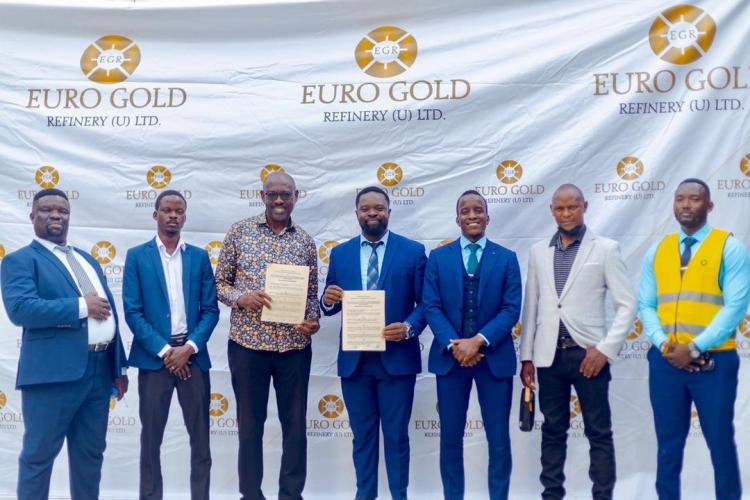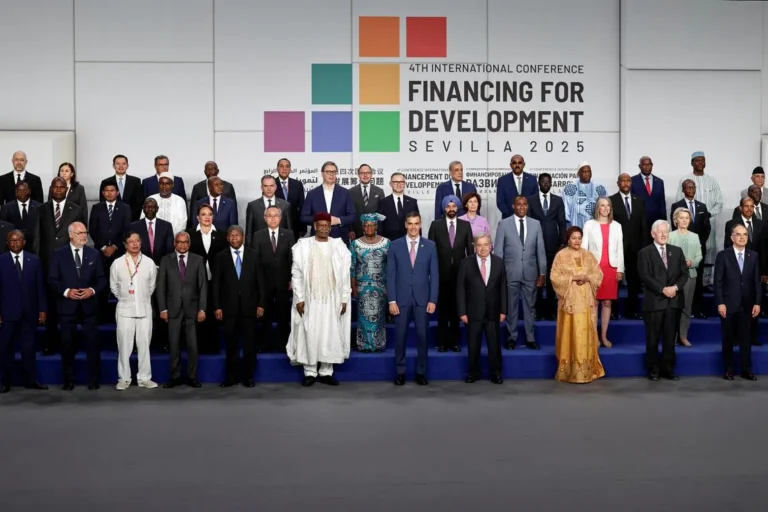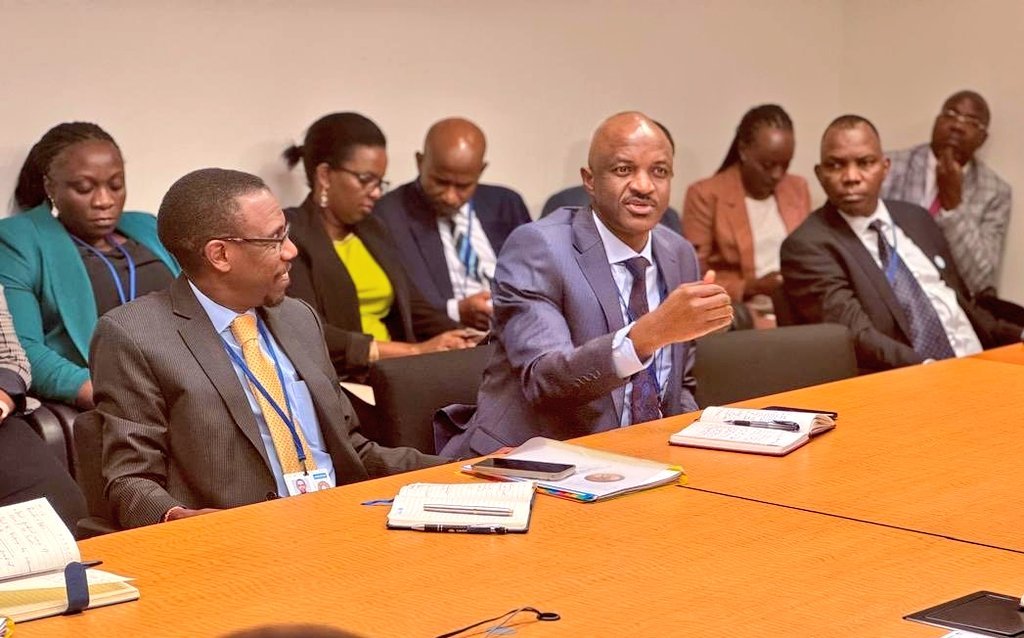
KAMPALA, Uganda – October 20, 2025 – The Ugandan government has announced a significant financial boost and outlined its key reform priorities following the conclusion of the 2025 International Monetary Fund (IMF) and World Bank (WB) Annual Meetings in Washington D.C.
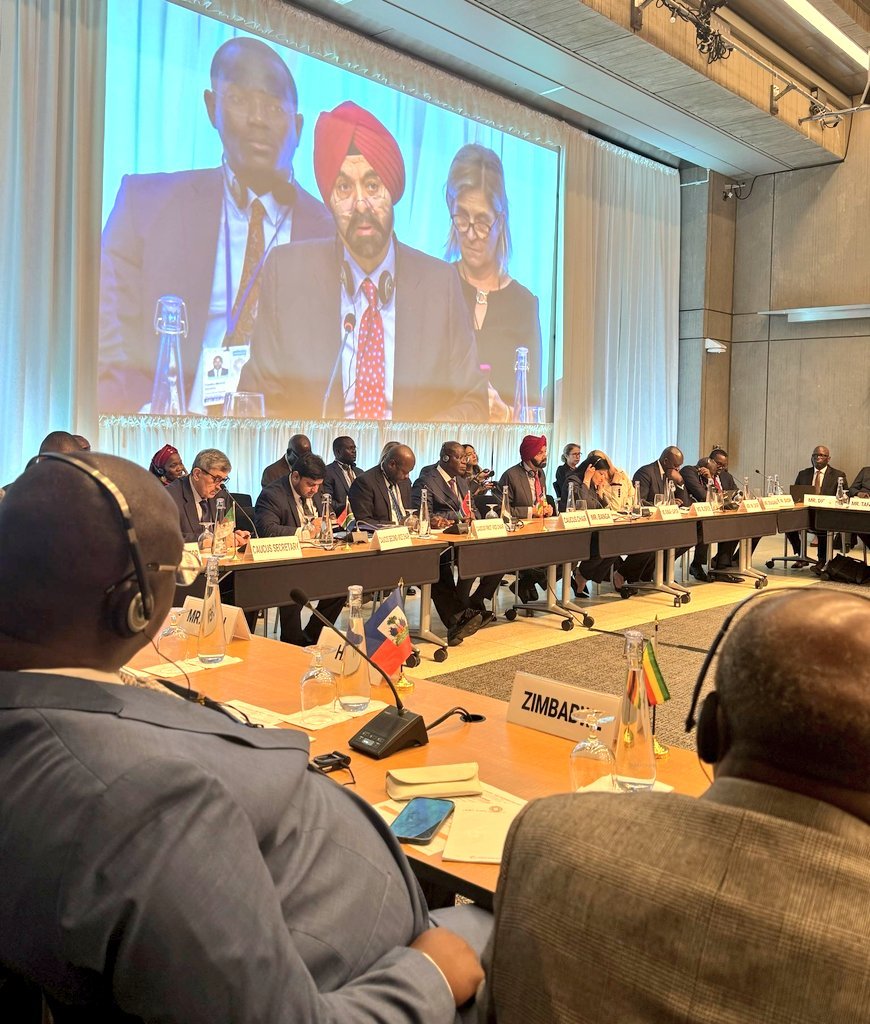
In a statement released today, Mr. Ramathan Ggoobi, the Permanent Secretary and Secretary to the Treasury, revealed that the World Bank has committed to disbursing over $2 billion in new concessional financing** over the next three financial years. This new funding will bring the World Bank’s total current investment in Uganda to **$4.9 billion.
“The President of the World Bank Group, Ajay Banga, has made the Bank start appreciating that development is not just about doing projects. The World Bank is now focused more on unlocking the power of the private sector to create jobs,” Ggoobi stated, highlighting a strategic shift in the lender’s approach.
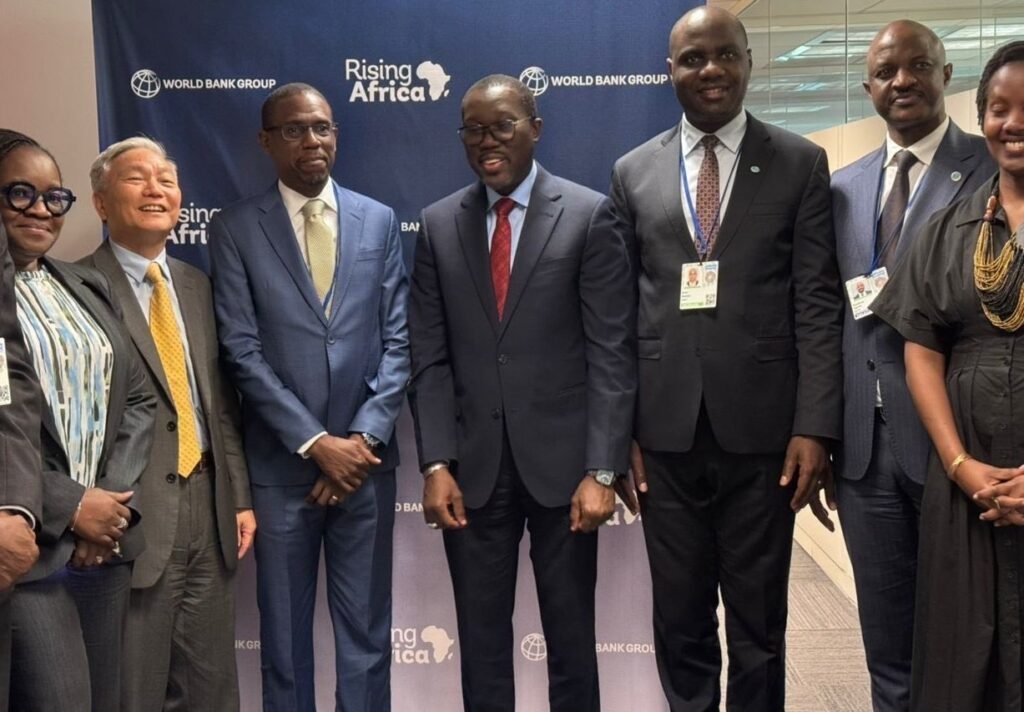
The funds are earmarked for critical sectors of the Ugandan economy, including:
· Roads and bridges
· Electricity transmission and last-mile distribution
· Infrastructure in regional cities
· Schools and IT
· Agriculture, water, and irrigation
· An export guarantee scheme
· Skilling initiatives
· Social protection programs
Private Sector to Receive “Patient Capital”
In a move to further catalyze private investment, the International Finance Corporation (IFC), the World Bank’s private sector arm, will provide “patient capital” to investors in key areas. These include minerals, renewable energy, agro-industrialization, and science and innovation. The IFC will also co-invest with the government in State-Owned Enterprises (SoEs).
New IMF Program and Domestic Reforms
Mr. Ggoobi also confirmed that Uganda has continued negotiations with the IMF for a new Extended Credit Facility (ECF) program following the elections. The key reforms under this program are aimed at:
· Increasing domestic revenue collection.
· Improving budgeting to “stamp out budget games and supplementary budgets.”
· Further strengthening the financial sector.
He noted that while the World Bank is supporting Uganda’s “tenfold growth strategy,” the IMF remains focused on helping the country maintain a stable macroeconomy. The Fund has consistently ranked Uganda among the fastest-growing economies in Africa and the world.
Global Economic Context
The statement also touched on the global economic outlook, noting the IMF’s view that the world economy has remained resilient despite “sweeping policy distortions by the United States.” This resilience was attributed to private sector adaptability, with Artificial Intelligence (AI) singled out as a key driver for helping companies cut costs and raise productivity. Singapore, the U.S., and Denmark were cited as leaders in this area.
The Ministry of Finance reaffirmed that Uganda’s macroeconomy is stable, a message that was shared with Ugandan professionals working within the IMF and World Bank during the meetings.
ENDS
Mission: “To formulate sound economic policies, maximize revenue mobilization, ensure efficient allocation and accountability for public resources so as to achieve the most rapid and sustainable economic growth and development” – Ministry of Finance, Planning & Economic Development.

